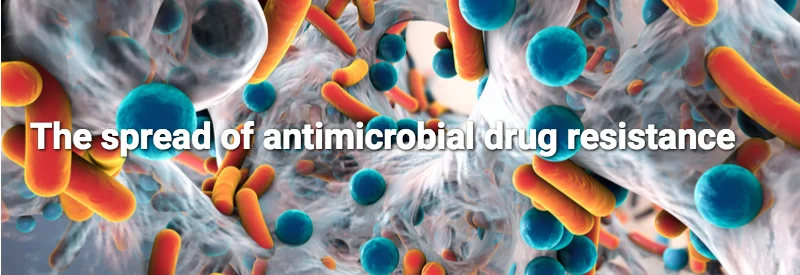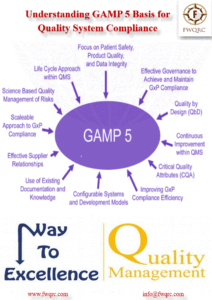Antimicrobial resistance (AMR) is a global health and development threat. It requires urgent multisectoral action in order to achieve the Sustainable Development Goals (SDGs).
World health organization (WHO) has declared that AMR is one of the top 10 global public health threats facing humanity.
What are antimicrobials?
Antimicrobials – including antibiotics, antivirals, antifungals and antiparasitic – are medicines used to prevent and treat infections in humans, animals and plant.
What is antimicrobial resistance?
Antimicrobial Resistance (AMR) occurs when bacteria, viruses, fungi and parasites change over time and no longer respond to medicines making infections harder to treat and increasing the risk of disease spread, severe illness and death.
As a result of drug resistance, antibiotics and other antimicrobial medicines become ineffective and infections become increasingly difficult or impossible to treat.
Why is antimicrobial resistance a global concern?
The emergence and spread of drug-resistant pathogens that have acquired new resistance mechanisms, leading to antimicrobial resistance, continues to threaten our ability to treat common infections. Especially alarming is the rapid global spread of multi and pan resistant bacteria (also known as “superbugs”) that cause infections that are not treatable with existing antimicrobial medicines. such as antibiotics
Antibiotics are becoming increasingly ineffective as drug-resistance spreads globally leading to more difficult to treat infections and death. New antibacterials are urgently needed for example, to treat carbapenem resistant gram-negative bacterial infections as identified in the WHO priority pathogen list. However, if people do not change the way antibiotics are used now, these new antibiotics will suffer the same fate as the current ones and become ineffective.
Global Action Plan on Antimicrobial Resistance (GAP)
Globally, countries committed to the framework set out in the Global Action Plan (GAP) 2015 on AMR during the 2015 World Health Assembly and committed to the development and implementation of multisectoral national action plans. It was subsequently endorsed by the Governing Bodies of the Food and Agriculture Organization of the United Nations (FAO) and the World Organization for Animal Health (OIE). To ensure global progress, countries need to ensure costing and implementation of national action plans across sectors to ensure sustainable progress.





Thank you sir for updation of AMR and GAP